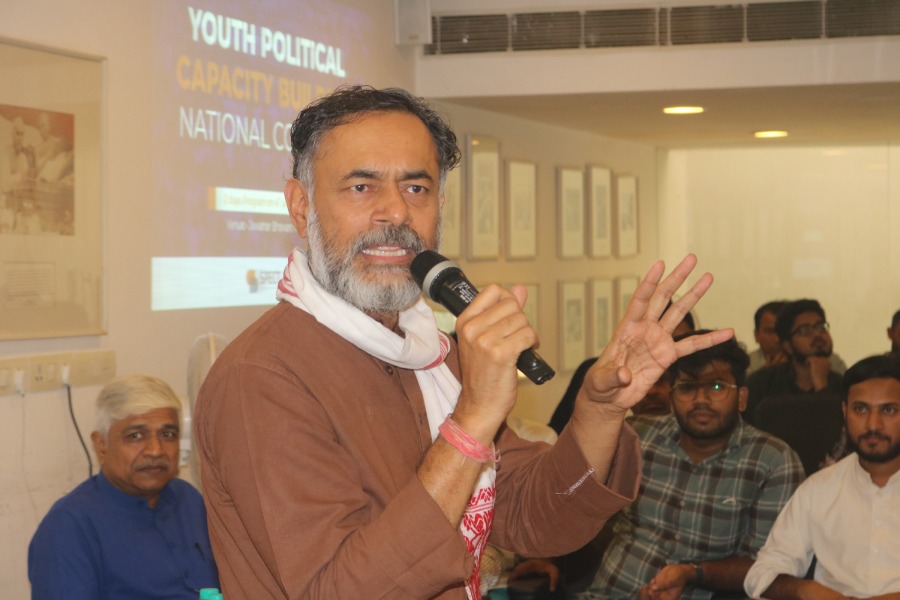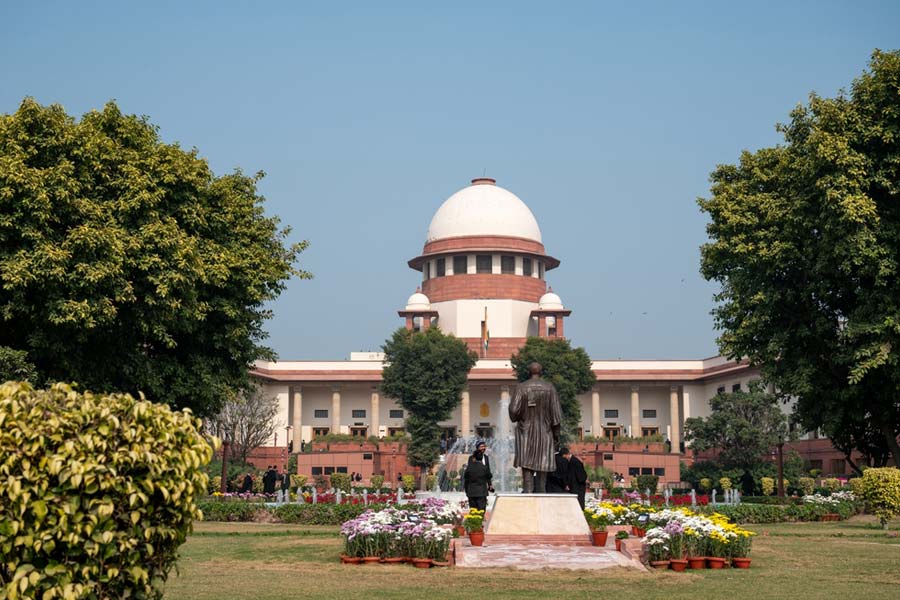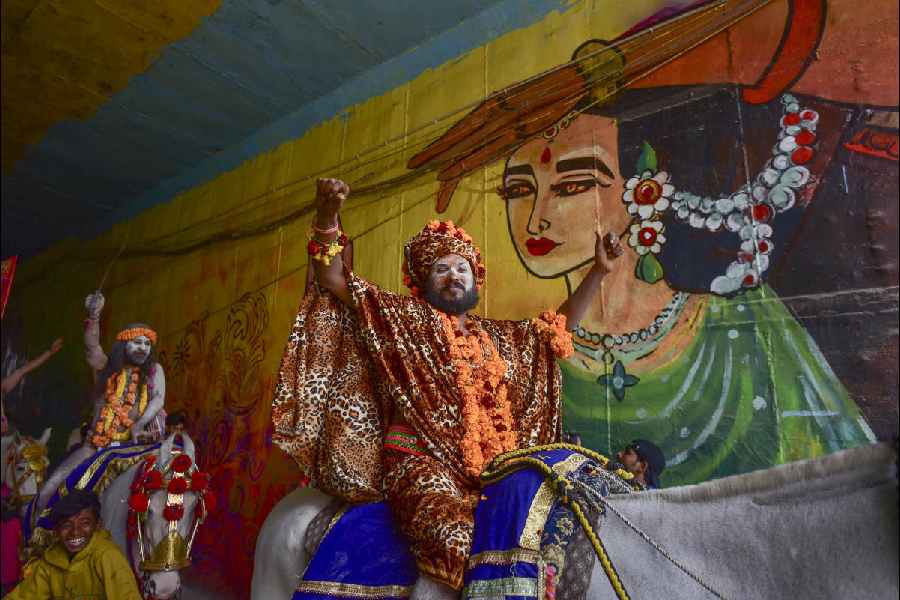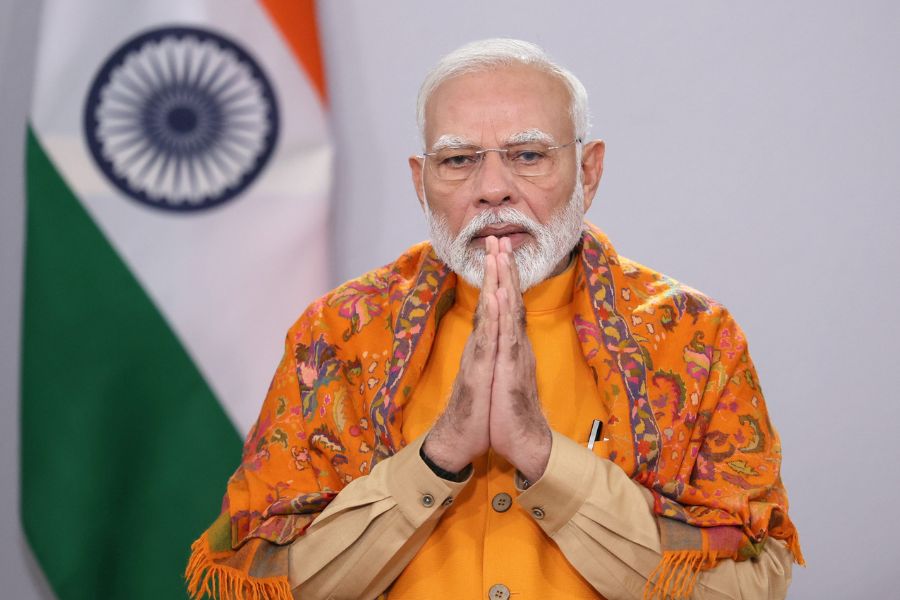Politician and psephologist Yogendra Yadav said one of the reasons democracy has failed us is because secular liberals handed over nationalism, civilisational pride, and religion to those who are manipulating them today.
"Our national movement picked up the best from our past and discarded what was not acceptable. Our liberal, educated, modern elite simply turned their back on our past," he added.
Yadav was delivering the Kappen Centenary Public Lecture, titled 'Re-enchanting Democracy, Reclaiming the Republic', in Bengaluru on Saturday evening. He was "exploring ways to reclaim democracy".
The lecture was part of a series of events tracing 'countercultural movements in contemporary India' to honour philosopher, writer, and liberation theologian Sebastian Kappen’s centenary year.
It was organised by Visthar, a Bengaluru-based think tank established to nurture counterculture and social transformation.
Yadav highlighted liberals' "mistrust of religion" to support his point.
"There are deep traditions in all the religions of our country. Our national movement leaders were conscious of the fact that they needed to preserve that," said the founding member of Swaraj Abhiyan and Jai Kishan Andolan.
He added that, post-independence, we "lost the ability to sift the good from the bad, and with it, our credibility".
According to Yadav, in the 21st century, politicians have become more astute, and every transgression is carried out in the name of democracy, using its mechanisms.
"Except in one or two cases, you cannot say that the elections they won were unfair. It is duly constituted majority rule. We avoid facing this, as it hurts us," said Yadav.
According to him, the entry gate to the world of competitive electoral politics is set so high that it is almost impossible to strive for a political alternative.
This, Yadav said, has only perpetuated the systematic takeover of democracy and its mechanisms by the major political parties.
You can keep demanding as much as you want, but if the two top parties agree not to make something an issue, it’s not an issue. Or if two parties decide to turn a complete "non-issue" into an "issue", that becomes "the biggest issue of the time", said Yadav.
Given such circumstances, the alternative, suggested Yadav, could lie in preserving the charm of the word "democracy" while turning that ideal into a critique of the mechanism.
"Any mechanism that claims to be democratic must show me that it actually gives me equal power to control any significant decision. If it doesn’t, then we are in a pretend democracy, not a democracy," said Yadav.
He also said it is time to question the very notion of democracy—the checklist of things that are considered to "define democracy".
For instance, Yadav said, that instead of forcing nations like Afghanistan and Iraq to adapt to one-size-fits-all democratic theories propagated by the West, such as establishing a parliament, we should be open to the idea that "democratic institutions can take different forms in different societies".
"We need to rewrite the history of actually existing democracies, both in the global north and global south, to reflect the radically different experiences and trajectories," added Yadav.
He insisted that we also need to rethink the mechanisms in our context of what should be considered "qualified as democracy".
He added that we need to strengthen the existing "constitutional constraints on majoritarianism".
"Constitutions are not about enabling governments; they are about disabling governments. Constitutions are about saying, no matter what your majority is, you cannot touch this," observed Yadav.
In the existing concept of democracy, all these have been "diluted", he added.
Additionally, he said it is important to create a "level playing field" because the two biggest concerns in India’s current electoral politics are "unequal access to money and media attention".
"If some semblance of parity can be established in these two parameters, elections cannot merely be a reflection of popular whims," Yadav added.
Further, he "blamed" the liberals for "assuming" that democracy would continue to produce "reasonably consistent outcomes".
"But constitutional values do not reproduce themselves; someone has to pass them on to the new generation," Yadav said.
Except for the headline, this story has not been edited by The Telegraph Online staff and has been published from a syndicated feed.











